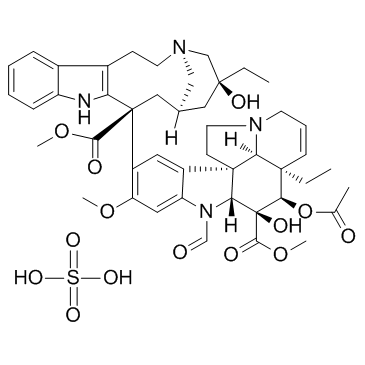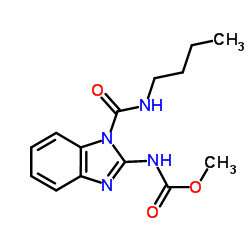| Structure | Name/CAS No. | Articles |
|---|---|---|
 |
Vincristine Sulfate
CAS:2068-78-2 |
|
 |
Forskolin
CAS:66575-29-9 |
|
 |
Benomyl
CAS:17804-35-2 |